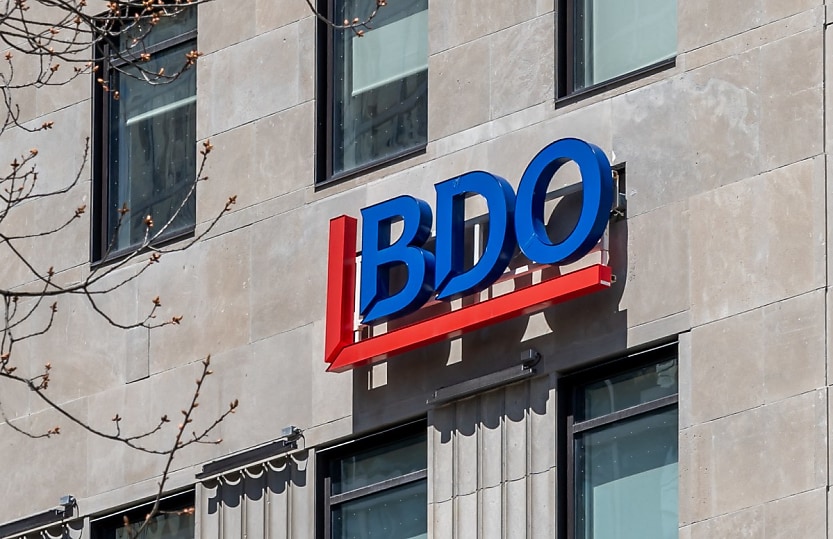Common FBT mistakes flagged as FBT season kicks off

BDO has outlined several areas within fringe benefits tax that employers and accountants should pay close attention to.
Accountants and their business clients should be closely considering their fringe benefits (FBT) tax compliance as they approach the FBT compliance season this year, with employee benefits now much more of a focus in the current labour market, says BDO.
In a recent article, BDO said there is a need for “heightened awareness and diligence among employers” in relation to FBT compliance, with many still struggling to understand the law in this area.
“There are several specific areas within FBT that employers should pay particular attention to, with both the ATO and our advisers commonly seeing mistakes in these areas,” the accounting firm said.
One of the key areas where mistakes happen is the misclassification of a vehicle for either private or business use and not understanding which vehicles are FBT exempt and which are not.
“This particularly relates to commercial vehicles such as dual cab Utes,” said BDO.
BDO said it also commonly sees issues with businesses not accurately keeping logbooks.
Other areas where businesses can fall into trouble with FBT compliance are where there are inconsistencies between FBT and income tax returns, where employee contributions are miscategorised during reporting and where employee contributions are incorrectly applied.
“[Other issues include] employers applying a consolidation approach to filing FBT returns and not lodging a separate FBT return for each employing entity or not submitting a notice of non-lodgement when there is no FBT to declare,” said BDO.
Other problem areas include fringe benefit amounts being incorrectly reported and failing to take prompt action when a mistake has been made.
Recent changes with FBT
“Employers should also be aware of the recent changes to the FBT regime and other areas of tax reform that affect FBT application for FBT compliance season 2024,” said BDO.
Updates have been made to the electric vehicle home-charging rate in PCG 2024/2.
“This is the introduction of a safe harbour of 4.2 per cent per kilometre that can be used for calculating electric charging costs of vehicles at home-charging stations in effect from 1 April 2022 for FBT tax and 1 July 2022 for income tax purposes,” the article explained.
“While electric vehicles are exempt from FBT, they are required to be included on individual’s employee’s earnings statement meaning that this safe harbour method provides a practical alternative where employers use the operating cost method to calculate the taxable value.”
Alternative record-keeping measures have also been introduced to reduce and simplify FBT record-keeping requirements for employers while producing similar compliance outcomes with lower compliance costs.
“It allows employers the choice to use existing records in place of travel diaries or employee declarations for certain types of benefits. This applies to the 2025 FBT year (1 April 2024 to 31 March 2025) and onwards,” said BDO.






